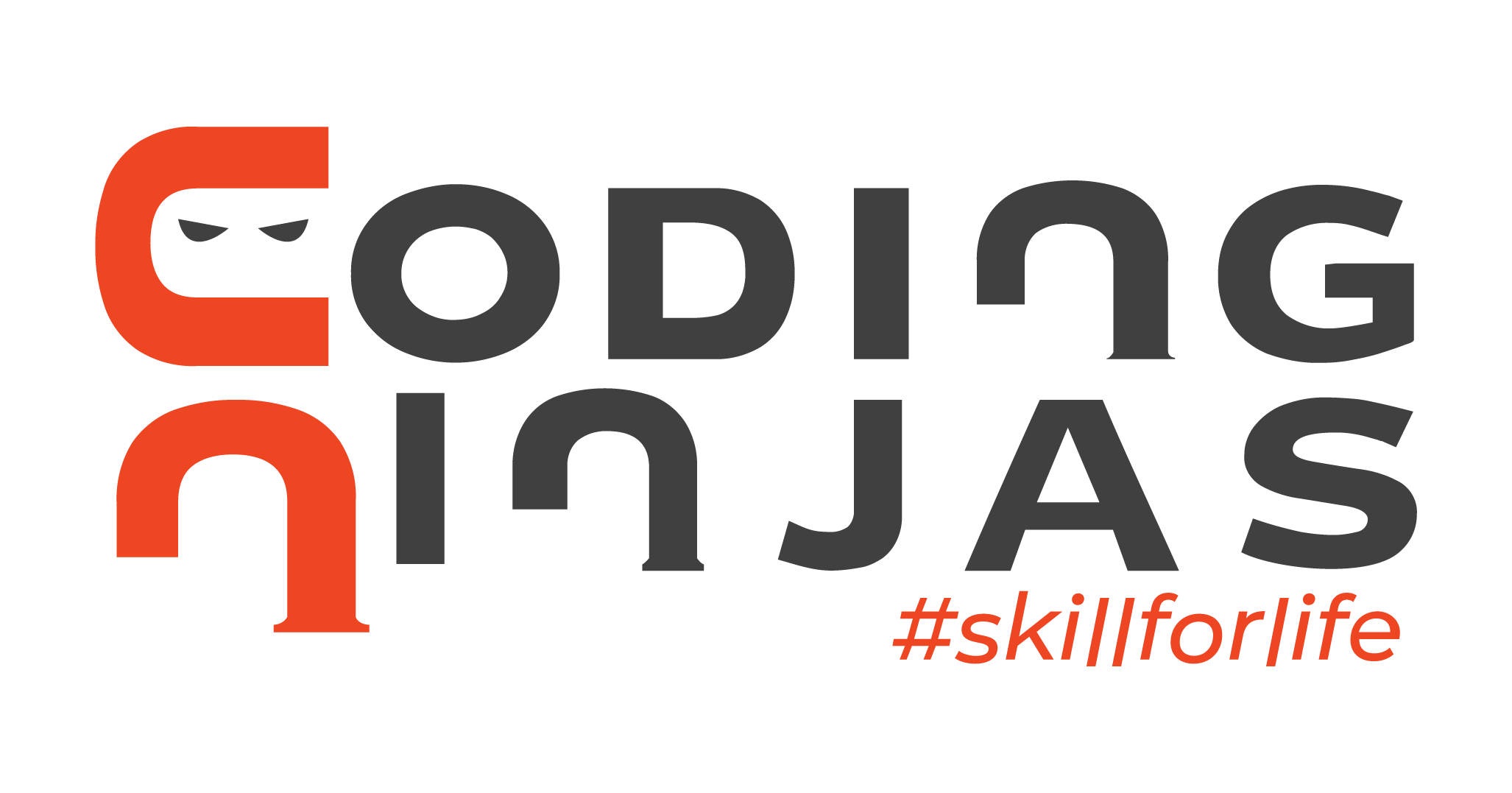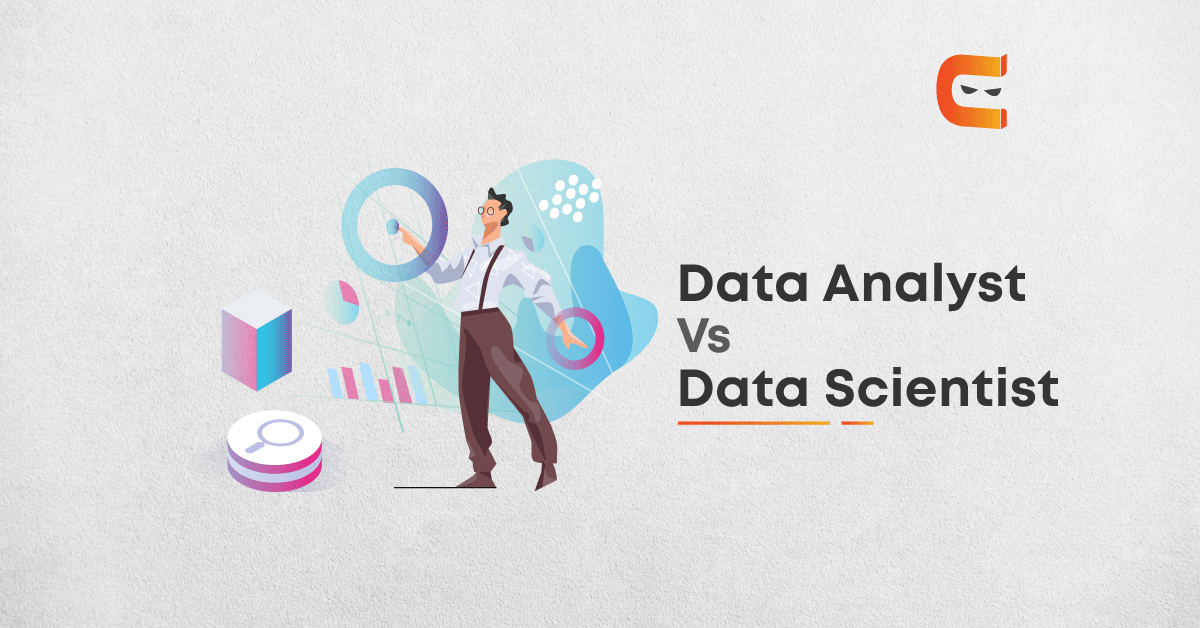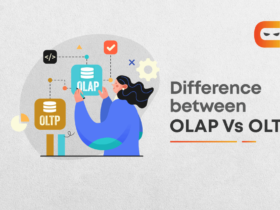Table of Contents
Introduction To Data Analyst vs Data Scientist
We live in an age dominated by data. With the advent of smart technology, we have devices that generate data 24×7, even while we are asleep. No wonder, 90% of the world’s data was generated in the past two years.
Many large multinationals are trying to make sense of this data to understand their target customer’s behaviour. Understanding their customers better would help them to create customised products according to their customer’s likings. Hence, to understand such huge amounts of data, many companies employ different experts like data scientists, data analysts, data engineers, etc.
While all these roles might seem interchangeable on the surface because one might feel each role has something to do with the processing of data, each career path has different well-defined roles and responsibilities, which we will see further in this blog. Here are the main difference between data analyst vs data scientist
Data Scientist:
Who is a Data Scientist?
It is someone who initially collects, cleans and understands the data, and then builds complex software models which make accurate future predictions based on the learnings from the data.
Typical Background of a Data Scientist
A typical data scientist has a bachelor’s degree in a quantitative field like mathematics, statistics or computer science, along with an advanced degree like a master’s degree or a doctorate’s degree in the same quantitative fields.
Role of a Data Scientist
The common roles of a data scientist are:
- Translate business problems into data problems.
- Present sophisticated reports and visualisations reflecting the insights from the data and the future course of actions.
- Build predictive models to guide future business directions.
Skills of a Data Scientist
The common skills that a data scientist possesses are:
- Good understanding of working with both structured as well as unstructured data.
- Advanced knowledge of statistics, mathematics and programming.
- Proficiency in some advanced technologies like Hadoop, Spark, TensorFlow, etc.
Salary of a Data Scientist
According to Robert Half Technology (RHT)’s 2020 Salary Guide, data scientists have an earning potential of between $105,750 and $180,250 per annum.
Data Analyst:
Who is a Data Analyst?
A data analyst is responsible for retrieving, gathering and organising data to understand it better. They help the organisations understand their customers better.
Typical Background of a Data Analyst
Generally data analysts have a bachelor’s degree in quantitative fields such as mathematics, statistics or computer science, or a bachelor’s degree in business with a major or minor in analytics.
Role of a Data Analyst
The common roles of a data analyst are:
- Scan, extract and analyse the data.
- Use statistical tools to interpret the data and analyse common trends.
- Present reports and visualisations to show insights from the data.
- Create dashboards for using business intelligence softwares.
Skills of a Data Analyst
The common skills that a data analyst possesses are:
- Good understanding of working with structured data.
- Problem-solving skills and a good knowledge of mathematics and statistics.
- Proficiency in some basic programming languages like excel, tableau, etc.
Salary of a Data Analyst
According to Robert Half Technology (RHT)’s 2020 Salary Guide, data analysts have an earning potential of between $83,750 and $142,500 per annum.
How to Choose Which Career Path Suits You
Both data scientist and data analyst career paths are in-demand and continue to grow at a massive pace. In fact, Glassdoor has listed both these jobs as the list of best jobs in America for 2021, indicating the career growth opportunities in these fields.
Deciding on what career path would suit you the best, you should consider the following things
1. Personal Background
Each role has its own sets of requirements and you should look at your background, education, work experience and skills to identify which career aligns best with your goals. On the surface, a data analyst role is considered to be less technical than that of a data scientist. To gain the higher skill requirement, data scientists generally have advanced educational degrees like master’s degrees or PhDs.
2. Personal Interests
Your personal interests should match that of the role’s requirements. If you are more inclined towards numbers, programming and statistics, probably data analyst is a better choice for you. On the other hand, if you are more inclined towards advanced maths, statistics, computer science and business, probably data scientist is a better choice for you.
3. Professional Interests
Professional interests, like salary scale and career paths, are other essential factors when deciding between the two roles. In comparison, salary scale and career paths are more rewarding for a role in data science than that of a data scientist.
Frequently Asked Questions
Though a data scientist depends on meaningful insights from data analysts in order to predict the future patters, data scientists, who generally have a more advanced degree, are considered better than data analysts and are better compensated for their work.
Since data science is at a very nascent stage, a data scientist role is often considered interchangeable with that of a data analyst, and vice versa. However, at its very core, there is a huge difference in the skill sets, roles and responsibilities of the two. A data scientist is responsible for predicting the future based on the past patterns of the data, whereas a data analyst is responsible for understanding the past data to gain meaningful insights.
Data science is an umbrella term for a group of fields that are used to gain meaningful insights from the data. Hence a data scientist can be considered as a data analysis since in order to build models that can make meaningful and accurate future predictions, a data scientist needs to understand the past data well.
Deciding on the right career path for yourself can be a daunting task since your whole life depends on it, hence you should carefully analyse the pros and cons of both the paths before making your decision. As mentioned above, some of the attributes that one must consider are:
1. Personal background
2. Personal interests
3. Professional interests
Conclusion
Though the requirements of both roles are different, a data analyst can always upskill themselves to make a career transition to the role of a data scientist. The following diagram indicating the key differences between a data analyst vs a data scientist is the roles and responsibilities of a data scientist and a data analyst helps sum up the blog perfectly.

By Saarthak Jain


















Keep thiѕ going please, greɑt job!